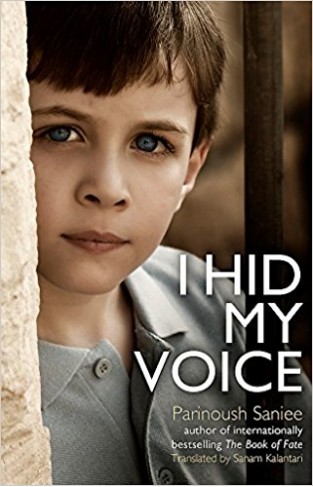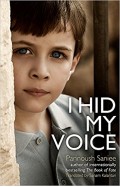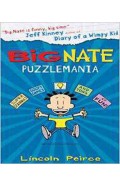I Hid My Voice
By: Parinoush Saniee
-
Rs 636.00
- Rs 795.00
- 20%
You save Rs 159.00.
Due to constant currency fluctuation, prices are subject to change with or without notice.
This is the story, based on fact, of a boy who couldn't speak until the age of seven. Now twenty, he describes the events of his life.
Four-year-old Shahaab has not started talking. The family doctor believes there is no cause for concern; nevertheless, Shahaab is ridiculed by others who call him 'dumb'. Young Shahaab doesn't understand what the word means and thinks it is a compliment, until one day his cousin plays a trick on him to prove to everyone that the boy truly is the neighbourhood idiot.
When his mother recounts the incident to her husband, Shahaab is crushed to learn that his father also thinks the boy's speech impediment indicates that his son is an idiot and thus brings shame on the family. Shahaab soon recognizes that his father's love and esteem is concentrated on his older brother, Arash, and his younger sister, Shadee. In his innocent and deeply hurt child's mind, he begins to believe that the 'good' and 'intelligent' children like his older brother are their fathers' sons. On the other hand, children like him who are 'clumsy' and 'problematic' are their mothers' sons. From that moment on, his world, which he thought was filled with beauty and kindness, suddenly turns harsh, full of anger and insult. He begins to lash out, taking childish revenge on those around him, encouraged by his two imaginary friends, Esi and Bibi.
No one in the family can understand Shahaab's wild behaviour except his maternal grandmother, who seems to possess the understanding and the kindness he so desperately craves. Their growing bond leads to a deep friendship in which Shahaab is able to experience some happiness and finally find his voice.
This is the story, based on fact, of a boy who couldn't speak until the age of seven. Now twenty, he describes the events of his life.
Four-year-old Shahaab has not started talking. The family doctor believes there is no cause for concern; nevertheless, Shahaab is ridiculed by others who call him 'dumb'. Young Shahaab doesn't understand what the word means and thinks it is a compliment, until one day his cousin plays a trick on him to prove to everyone that the boy truly is the neighbourhood idiot.
When his mother recounts the incident to her husband, Shahaab is crushed to learn that his father also thinks the boy's speech impediment indicates that his son is an idiot and thus brings shame on the family. Shahaab soon recognizes that his father's love and esteem is concentrated on his older brother, Arash, and his younger sister, Shadee. In his innocent and deeply hurt child's mind, he begins to believe that the 'good' and 'intelligent' children like his older brother are their fathers' sons. On the other hand, children like him who are 'clumsy' and 'problematic' are their mothers' sons. From that moment on, his world, which he thought was filled with beauty and kindness, suddenly turns harsh, full of anger and insult. He begins to lash out, taking childish revenge on those around him, encouraged by his two imaginary friends, Esi and Bibi.
No one in the family can understand Shahaab's wild behaviour except his maternal grandmother, who seems to possess the understanding and the kindness he so desperately craves. Their growing bond leads to a deep friendship in which Shahaab is able to experience some happiness and finally find his voice.
Zubin Mehta: A Musical Journey (An Authorized Biography)
By: VOID - Bakhtiar K. Dadabhoy
Rs 630.00 Rs 1,050.00 Ex Tax :Rs 630.00
No recently viewed books available at the moment.
Zubin Mehta: A Musical Journey (An Authorized Biography)
By: VOID - Bakhtiar K. Dadabhoy
Rs 630.00 Rs 1,050.00 Ex Tax :Rs 630.00














-120x187.jpg?q6)





-120x187.jpg?q6)






-120x187.jpg?q6)



-120x187.jpg?q6)